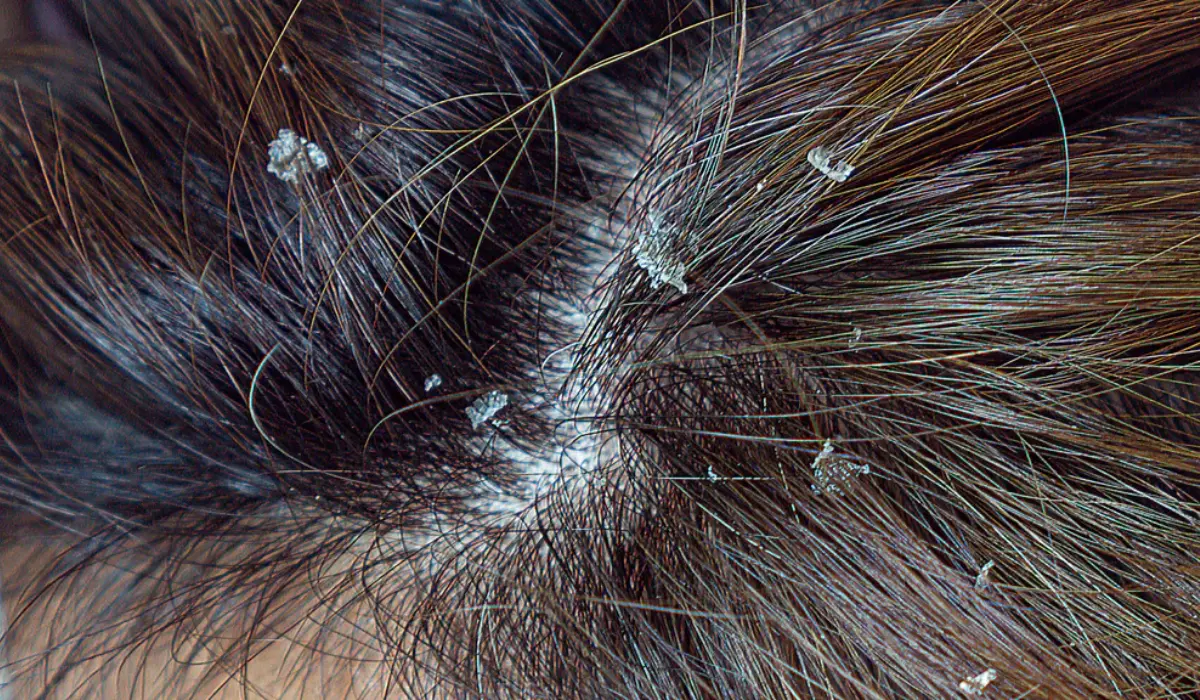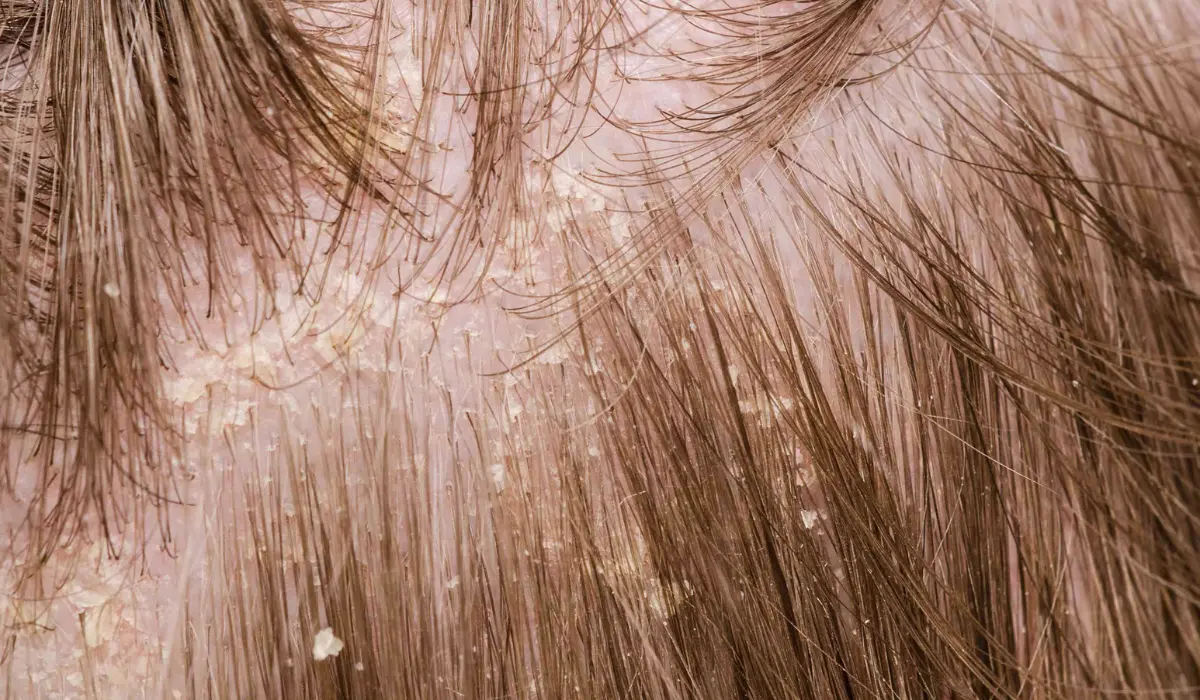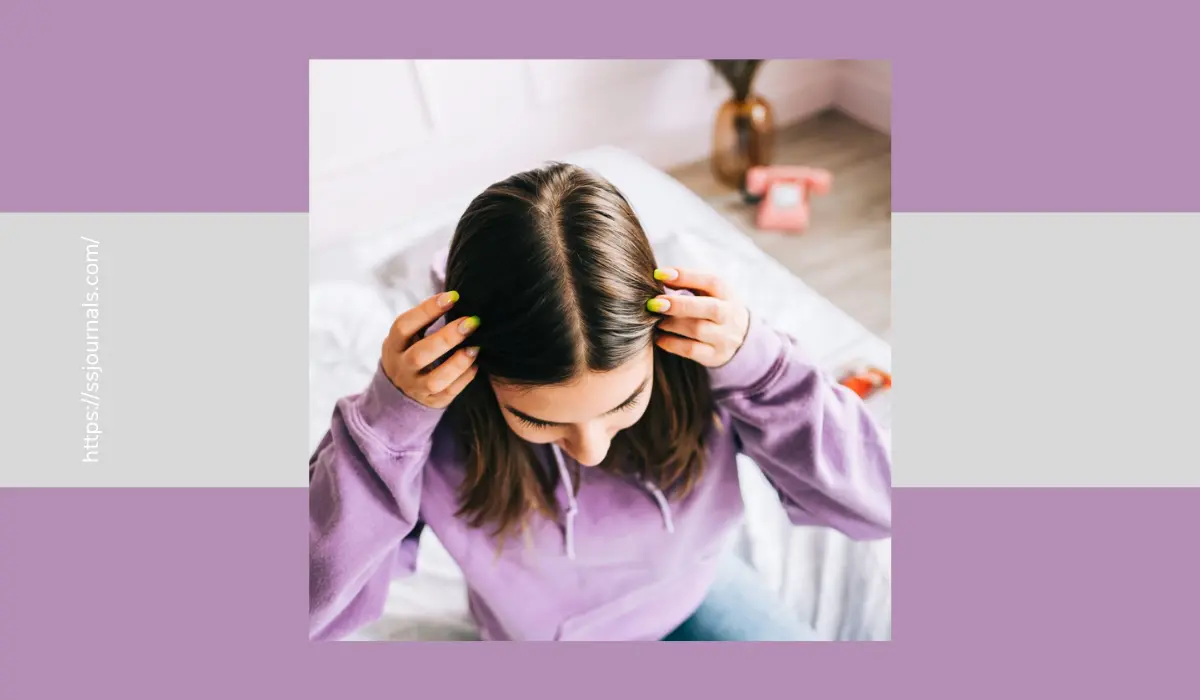Introduction Many people use the terms “dry scalp” and “dandruff” interchangeably, but they are actually two different conditions. Understanding the distinction is important for knowing how to properly treat your annoying scalp issues.
Dry scalp and dandruff share some similarities but have different underlying causes, symptoms, and required treatments. Read on as we decode dry scalp vs dandruff – from how to identify each, to proven methods for banishing scalp problems for good.
What Is Dry Scalp?

A dry scalp refers to flakiness and itchiness on the scalp due to inadequate moisture. It occurs when the scalp’s sebaceous glands don’t produce enough natural oils to keep skin hydrated and supple. This causes unattractive white flakes and irritation.
Dry scalp can happen year-round but is more prevalent in colder, dry months when moisture is stripped from indoor heat. People with certain medical conditions like eczema are also prone to dry, flaky scalps. Swimming in chlorinated pools and using harsh hair products can dehydrate the scalp and worsen flaking too.
Signs And Symptoms Of Dry Scalp
How do you know if bothersome flakes are caused by dry scalp versus dandruff? Here are the distinguishing signs of a dry scalp:
- Small white flakes without redness or irritation
- Itchy, tight scalp feeling
- Flakes are easily removed without scratching
- Worsens seasonally (winter) or with humidity changes
- May improve with moisturizing hair products
- No scaling on other body parts like ears or eyebrows
What Is Dandruff?

Dandruff refers to white, oily flakes of dead skin cells on the scalp. It’s caused by the overgrowth of yeast-like fungi called malassezia. Dandruff flareups are closely linked to sebum production – when more oil is present, the fungi thrive and cause more flaking.
Dandruff can occur due to skin sensitivity, irritation, stress, hormonal changes, and improper shampooing. Cold dry weather can worsen it, but dandruff persists year-round. People with oily skin and hair tend to be more susceptible. Family history, diet, and certain illnesses also increase dandruff risk.
Signs And Symptoms Of Dandruff
Dandruff is identified by the following symptoms:
- Large, oily, yellowish-white flakes
- Moderate to severe scalp itching
- Red, inflamed skin on scalp and ears
- Flakes stubbornly attached to the scalp
- Potential hair damage from aggressive scratching
- Flaking on ears, eyebrows, and other oily areas
- May worsen with certain foods, stress, or illnesses
Dry Scalp vs Dandruff
Dry scalp and dandruff are two distinct conditions that both cause flaking and irritation of the scalp.
A dry scalp occurs when the scalp doesn’t produce enough natural oils, leading to dehydration and subsequent flaking. It’s often seasonal, worsened by dry air.
Dandruff is caused by the overgrowth of a yeast-like fungus that feeds on scalp oils. It persists year-round and is linked to oily skin, though worsens in cold dry weather.
Both create unattractive white flakes but have unique symptoms, severity, and ideal treatment methods.
Final Take
Dry scalp and dandruff have some overlapping qualities but stem from different causes. Understanding the nuances in symptoms, severity, location, and persistence of flakes is key to choosing a suitable treatment.
Anti-dandruff shampoos, antifungal ingredients, and moisturizing products tailored to your specific issues will help banish scalp problems for good.
FAQ
It’s possible to experience both dry scalp and dandruff concurrently. This happens when you have fungal dandruff but are also using drying hair products or have a separate skin condition causing dryness and flakiness. Seek professional help diagnosing the overlapping causes and ideal treatment plan.
Dandruff is not caused by poor hygiene. While it may worsen if products build up on the scalp, vigorous scrubbing can irritate dandruff further. Stick to a regular shampoo routine using targeted anti-dandruff products.
Dandruff is not contagious, so you cannot “catch” it from another person. However, someone already prone to dandruff can experience increased flaking if using the same hairbrush as someone actively dealing with dandruff.
Dandruff is a chronic condition. While symptoms may fluctuate, dandruff will not permanently resolve without consistent treatment, as the underlying causes remain. Stick to an anti-dandruff hair care routine long-term.
Yes, dandruff can lead to flaking of the eyebrows and other areas like the nose and ears. This happens due to fungal spread from an excessively oily scalp. Use anti-dandruff shampoo and carefully manage oily areas.

